Electric Vehicle Subsidy Withdrawal: 2 Years of Stagnant Growth? - Ather Energy CEO
By Rediff Money Desk, CHANDIGARH Jan 19, 2024 13:15
Ather Energy CEO warns of stagnant growth in the electric two-wheeler industry for 2 years following the withdrawal of government subsidies in April. The FAME-II scheme's ending could impact EV adoption in India.
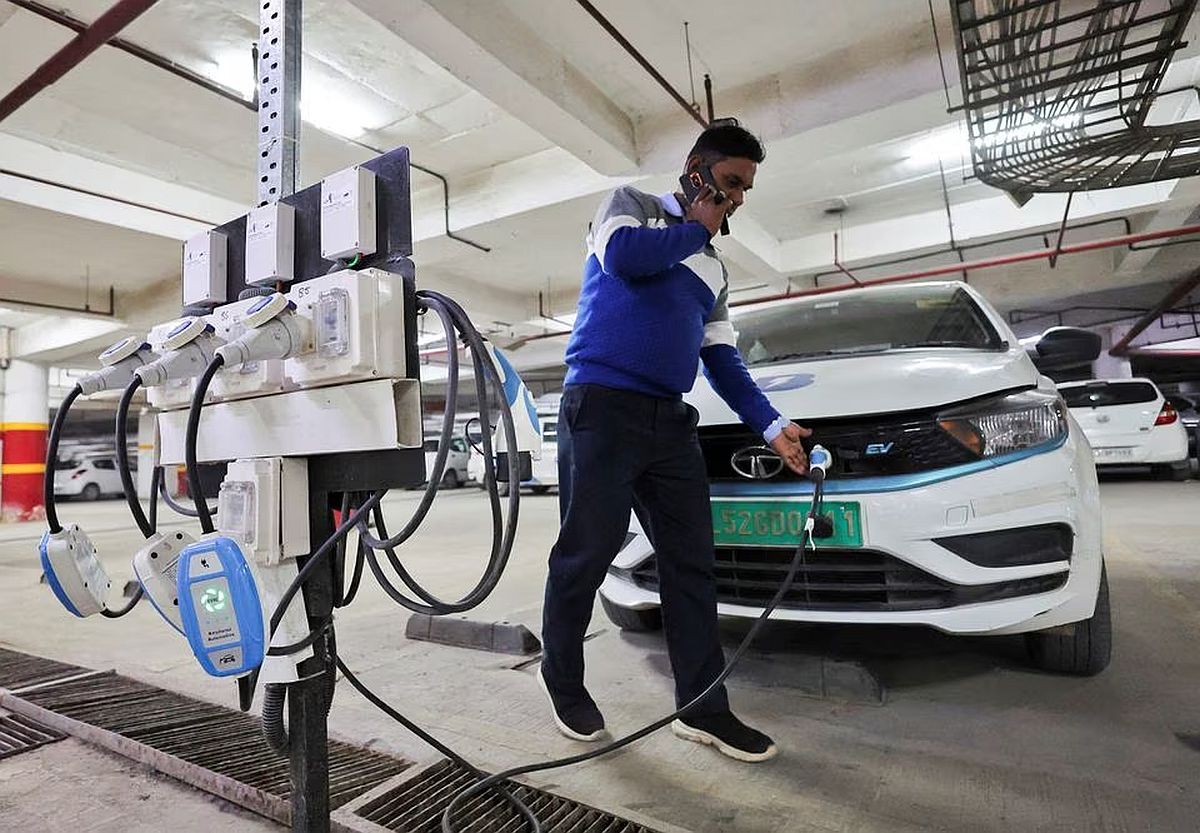
Photograph: Anushree Fadnavis/Reuters
Chandigarh, Jan 19 (PTI) Withdrawal of government's incentive on sale of electric two-wheelers in April would prompt industry players to work hard and this could result into one or two more years of stagnated growth, Ather Energy's CEO and co-founder Tarun Mehta said on Friday.
"The industry is no longer entirely dependent on subsidies for survival but an early discontinuation of the subsidy in April would prompt industry players to tighten their belts and work hard.
"Despite this resilience, such a scenario would still result in one or two more years of stagnated growth, pushing the industry further away from its targets," the CEO of the electric two-wheeler firm said in a statement.
The central government provides incentives on the sale of two-wheelers, three-wheelers, and four-wheelers under the FAME-II (Faster Adoption of Manufacturing of Electric Vehicles in India) scheme, which is ending in March this year.
In June last year, the central government has already reduced the subsidy amount on electric two-wheelers to Rs 10,000 per Kwh from Rs 15,000 per Kwh.
It also reduced the maximum subsidy cap of 40 per cent of the ex-factory price of the vehicle to 15 per cent.
Highlighting the "repercussions of a sudden subsidy reduction", Mehta said that the electric two-wheeler industry lost one year of growth in 2023.
"We finished calendar 2023 with the same volume as we began with. If things had gone according to plan, we would have at least doubled that. So, the growth slowed down," he added.
Talking about the electric two-wheeler sales in in Chandigarh, Mehta said the city is a frontrunner of EV adoption and the absence of FAME scheme could potentially impact the ongoing trend.
He further said that the scheme plays a vital role in fostering the adoption of EVs and hybrids across India, contributing to pollution reduction and decreased reliance on fossil fuels.
According to the company statement, affordability still remains a key driver for the widespread adoption of electric two-wheelers in India. High battery costs and supply constraints on components have historically contributed to electric vehicles commanding a premium in the market.
The FAME scheme played a pivotal role in mitigating these challenges by providing incentives that made electric mobility more economically viable for consumers, it said.
"The industry is no longer entirely dependent on subsidies for survival but an early discontinuation of the subsidy in April would prompt industry players to tighten their belts and work hard.
"Despite this resilience, such a scenario would still result in one or two more years of stagnated growth, pushing the industry further away from its targets," the CEO of the electric two-wheeler firm said in a statement.
The central government provides incentives on the sale of two-wheelers, three-wheelers, and four-wheelers under the FAME-II (Faster Adoption of Manufacturing of Electric Vehicles in India) scheme, which is ending in March this year.
In June last year, the central government has already reduced the subsidy amount on electric two-wheelers to Rs 10,000 per Kwh from Rs 15,000 per Kwh.
It also reduced the maximum subsidy cap of 40 per cent of the ex-factory price of the vehicle to 15 per cent.
Highlighting the "repercussions of a sudden subsidy reduction", Mehta said that the electric two-wheeler industry lost one year of growth in 2023.
"We finished calendar 2023 with the same volume as we began with. If things had gone according to plan, we would have at least doubled that. So, the growth slowed down," he added.
Talking about the electric two-wheeler sales in in Chandigarh, Mehta said the city is a frontrunner of EV adoption and the absence of FAME scheme could potentially impact the ongoing trend.
He further said that the scheme plays a vital role in fostering the adoption of EVs and hybrids across India, contributing to pollution reduction and decreased reliance on fossil fuels.
According to the company statement, affordability still remains a key driver for the widespread adoption of electric two-wheelers in India. High battery costs and supply constraints on components have historically contributed to electric vehicles commanding a premium in the market.
The FAME scheme played a pivotal role in mitigating these challenges by providing incentives that made electric mobility more economically viable for consumers, it said.
Read More On:
DISCLAIMER - This article is from a syndicated feed. The original source is responsible for accuracy, views & content ownership. Views expressed may not reflect those of rediff.com India Limited.
You May Like To Read
TODAY'S MOST TRADED COMPANIES
- Company Name
- Price
- Volume
- Srestha Finvest
- 0.67 (+ 1.52)
- 61783280
- Vodafone Idea L
- 7.89 ( -6.63)
- 52779164
- GTL Infrastructure
- 2.12 ( -2.75)
- 24665509
- Standard Capital
- 1.10 ( -3.51)
- 21492885
- AvanceTechnologies
- 0.86 ( -3.37)
- 18109252
MORE NEWS

Royal Enfield Unveils Electric Bike Flying Flea...
Royal Enfield enters the electric bike segment with the Flying Flea C6, a...

Sagility India IPO: Rs 945 Cr Anchor Investor...
Sagility India, a healthcare tech services provider, raised Rs 945 crore from anchor...

Sebi Demands Rs 130 Crore from 5 Entities in...
Sebi has issued demand notices to five entities, including Netizen Engineering and Citi...




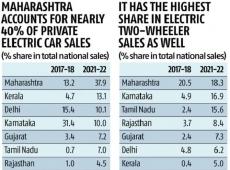
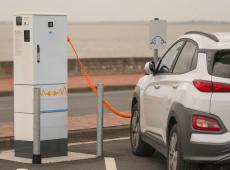
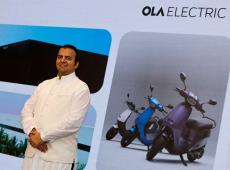
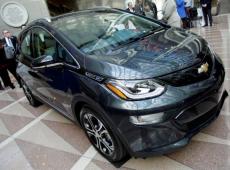
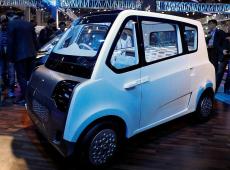
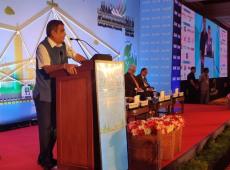

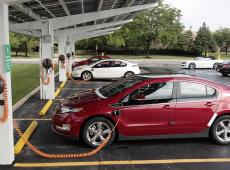
 © 2024 Rediff.com India Limited. All rights reserved.
© 2024 Rediff.com India Limited. All rights reserved.